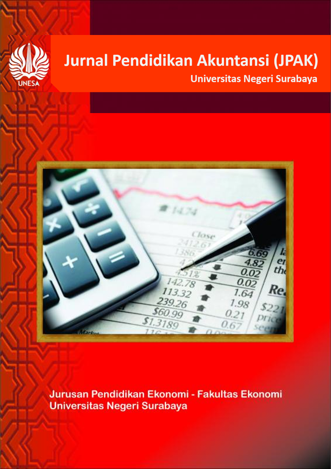Pengaruh Spiritualitas Dan Pengetahuan Perbankan Syariah Pada Loyalitas Nasabah Bank Non Syariah
DOI:
https://doi.org/10.26740/jpak.v10n2.p194-204Keywords:
Spirituality; sharia banking knowledge; customer loyalityAbstract
The study was conducted to analyze the influence of spirituality and sharia banking knowledge to the loyalty of customer of non-sharia banks with the aim of knowing whether there are spirituality and sharia banking knowledge affecting the loyalty of customers both either partially and simultaneously. Research conducted using quantitative research with multiple linear regression analysis. The data collection used is purposive sampling with the number of samples by 385 respondents. The results of the research show that spirituality has a significance value of 0.001 <0.05, so that spiritual variables may affect customer loyalty. Sharia banking knowledge has significance value of 0.000 <0.05, so that the shariah bloody knowledge variable can affect customer loyalty. Spirituality and knowledge of sharia banking simultaneously can affect the customer loyalty because it has a significance value of 0.000 <0.05. The customer loyalty variable can be interpreted by the spirituality variable and sharia banking knowledge of 0.131 or 13.1%, while 86.9% can be interpreted with the variables outside the research. The results of the analysis of the conclusion that spirituality may affect the loyalty of customer of non-sharia banks, sharia banking knowledge can also affect the loyalty of customer of non-sharia banks, as well as spirituality and knowledge of sharia banking may affect the loyalty of customer of non-syariah bank simultaneously.
Downloads
Downloads
Published
How to Cite
Issue
Section
License
Authors who publish with this journal agree to the following terms:
- Authors retain copyright and grant the journal right of first publication with the work simultaneously licensed under a Creative Commons Attribution License that allows others to share the work with an acknowledgement of the work's authorship and initial publication in this journal.
- Authors are able to enter into separate, additional contractual arrangements for the non-exclusive distribution of the journal's published version of the work (e.g., post it to an institutional repository or publish it in a book), with an acknowledgement of its initial publication in this journal.
- Authors are permitted and encouraged to post their work online (e.g., in institutional repositories or on their website) prior to and during the submission process, as it can lead to productive exchanges, as well as earlier and greater citation of published work (See The Effect of Open Access).

Jurnal Pendidikan Akuntansi (JPAK) is licensed under a Creative Commons Attribution-NonCommercial 4.0 International License.
 Abstract views: 508
,
Abstract views: 508
, PDF Downloads: 381
PDF Downloads: 381



